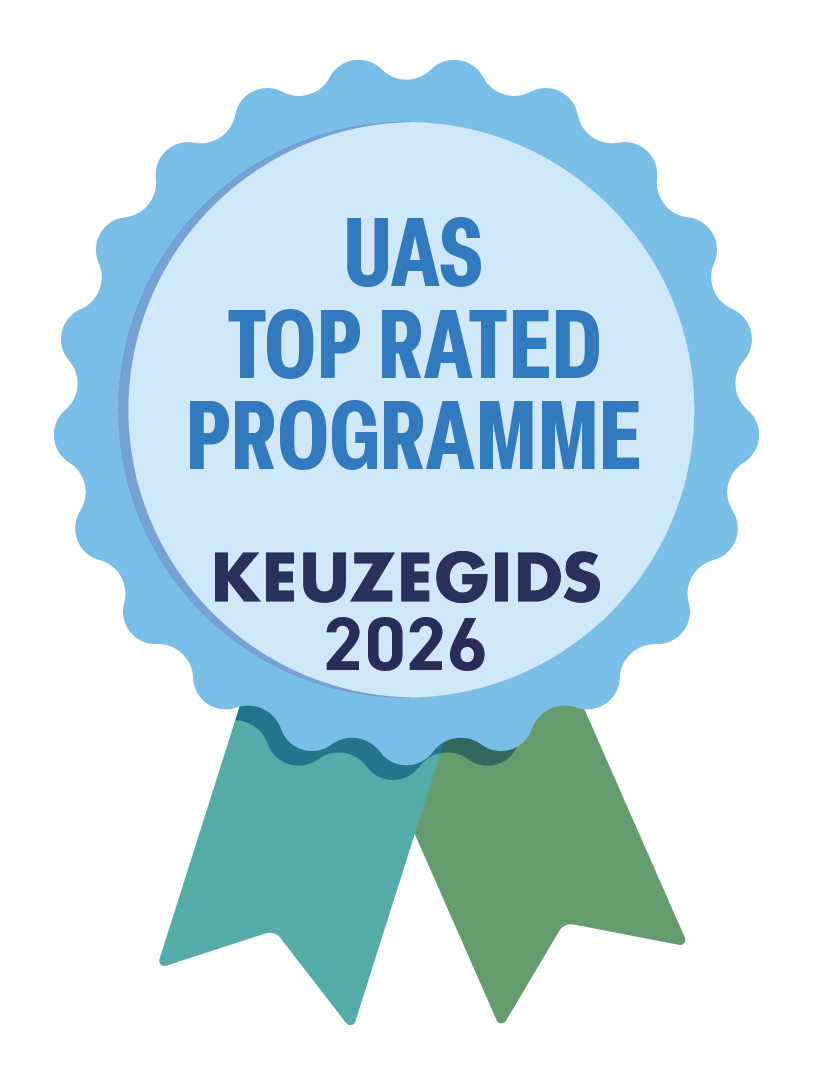At our study programme, you won’t just become a producer or composer. You will mainly be an expert who can use sound and technology to evoke a musical experience in your listener. To do so, you develop a very broad perspective on how to transform sounds into music, and how you can put this to your use.
You learn all this by trying and experimenting in various projects. And by doing, you also get to know the underlying theory. We constantly keep challenging you to look one step further. For example, we won’t just teach how a mixing console works, but the underlying principles as well, enabling you to work in any kind of studio and setting. We also introduce you to the various music genres and cultures, allowing you to make more well-informed musical choices of your own.
Naturally, you are not expected to grasp all the technological aspects right from the start of your studies. The important thing is that you are willing to try out new things and dare to challenge your own notions about music. Whether you eventually end up producing dance tracks or invent your very own new genre of music, doesn’t matter to us. What we do care about is that we help you develop the broad view that is required to make well-considered personal decisions and that you can work on a long and diverse career.
